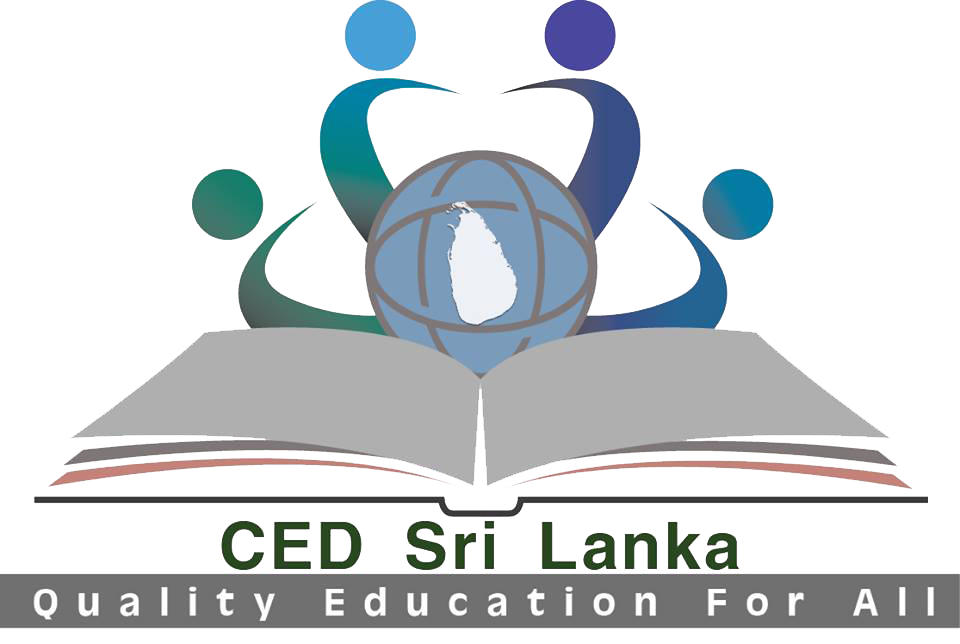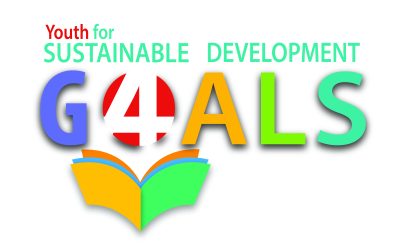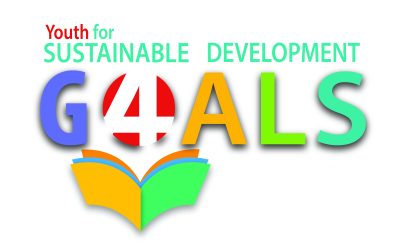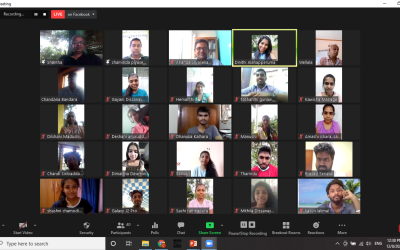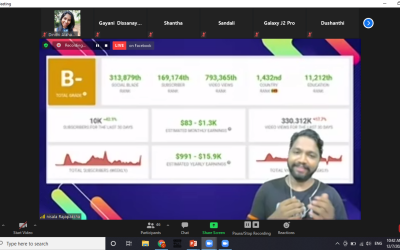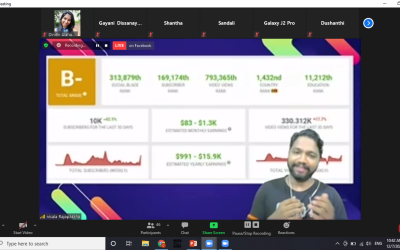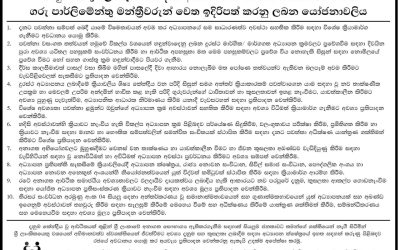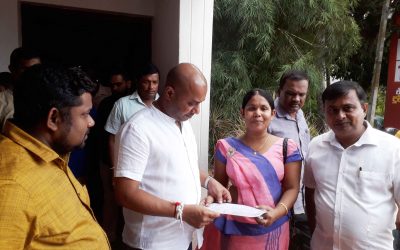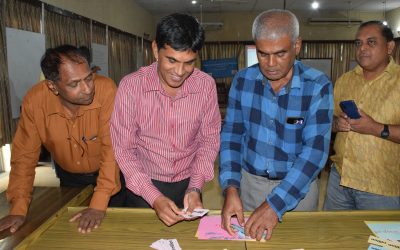Although the government and authorities have introduced alternative educational platforms many students specially the marginalized and students in the rural areas and people who belong to the lower income groups were unable to use these methods. The major reasons for...
Activities
Health Education Campaign Sticker and Messages
CED assisted the Ministry of Education effort to reopen the schools and continue education. To minimize the spreading of COVID 19 virus it is vital to adhere to health measures introduced by the health authorities. However, it is observed that awareness among the...
Youth Action Research Project
The government developed the infrastructure required to make free education accessible to all. This process created a network of state run schools and an administrative structure that managed them. Although the state adopted measures to ensure a uniform standard among...
Promoting Youth Involvement in Realizing SDG4
In order to provide and identity and promote visibility of these campaigns CED decided to print T- Shirts with the message Youth for education. It is planned to distribute these T-shirts to the youth who actively participate to our training and we believe this would...
Capacity Building Programme on Climate Change COVID-19 Epidemic and Impact on Education
Sri Lanka is among the top ten of the most vulnerable country to the natural disasters and has been ranked second among the countries most affected by extreme weather events in 20 years since 1998. For the past three years, Sri Lanka has been experiencing a series of...
Training on Media Literacy
Media and information literacy become an important qualification for fostering equitable access to education. information and knowledge. Therefore, new forms of competencies (knowledge, skills and attitudes) are required for people to effectively participate and...
Capacity building programmes for youth
CED conducted Three capacity building programmes for identified youth groups. The themes of these trainings were selected considering the following three factors. 1) Overall objective of the youth constituency building programme 2) Assessment on the knowledge and...
In-Country Youth Consultation Meeting
Youth consultation meeting was held in October 2020. Although it was planned to conduct a face-to-face meeting this was not materialized due the health measures imposed by the government limiting the social gathering and meetings. A total number of 35 youth that...
Lobbying Parliamentarians During the Budget Debates 2020
Although there was no public opinion calling for the National budget proposals for 2021, CED make arrangement to send the revised proposals to all the parliamentarians. Accordingly, CED asked all the member organization and representative of these civil society...
Conducting Training and Awareness Raising Program in Provincial Level
CED organized two consultation meetings through the member organizations. CED informed the member organizations to invite representatives from the civil society organizations in their respective districts to these programmes. CED budget proposals that developed in the...
Advocacy Campaign Targeting General Election 2020
CED commenced the budget advocacy campaign targeting the candidates of the general election. CED revised the budget proposals (initially drafted/prepared in 2019) considering the prevailing situation of Sri Lanka. CED informed all the members to make appointment with...
2020 Activity- Ensuring Equity and Quality, Education through Budget Advocacy
CED Sri Lanka commenced budget advocacy project in August 2019 with an initial training awareness workshop on budget analysis for CED member organizations. This training was facilitated by APSBAE staff members and a local facilitator. The local facilitator was from...
